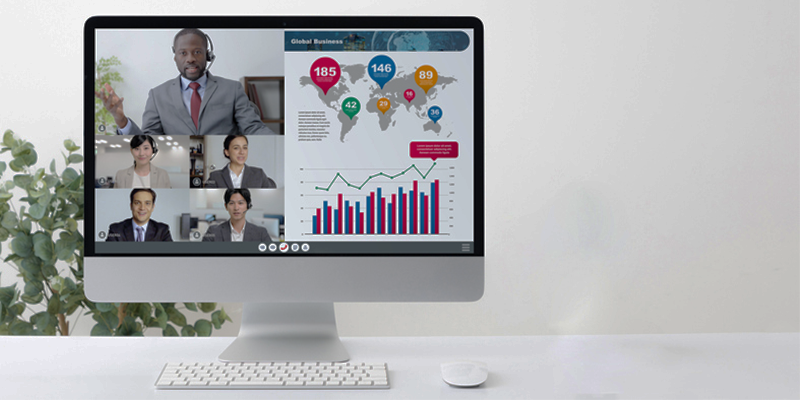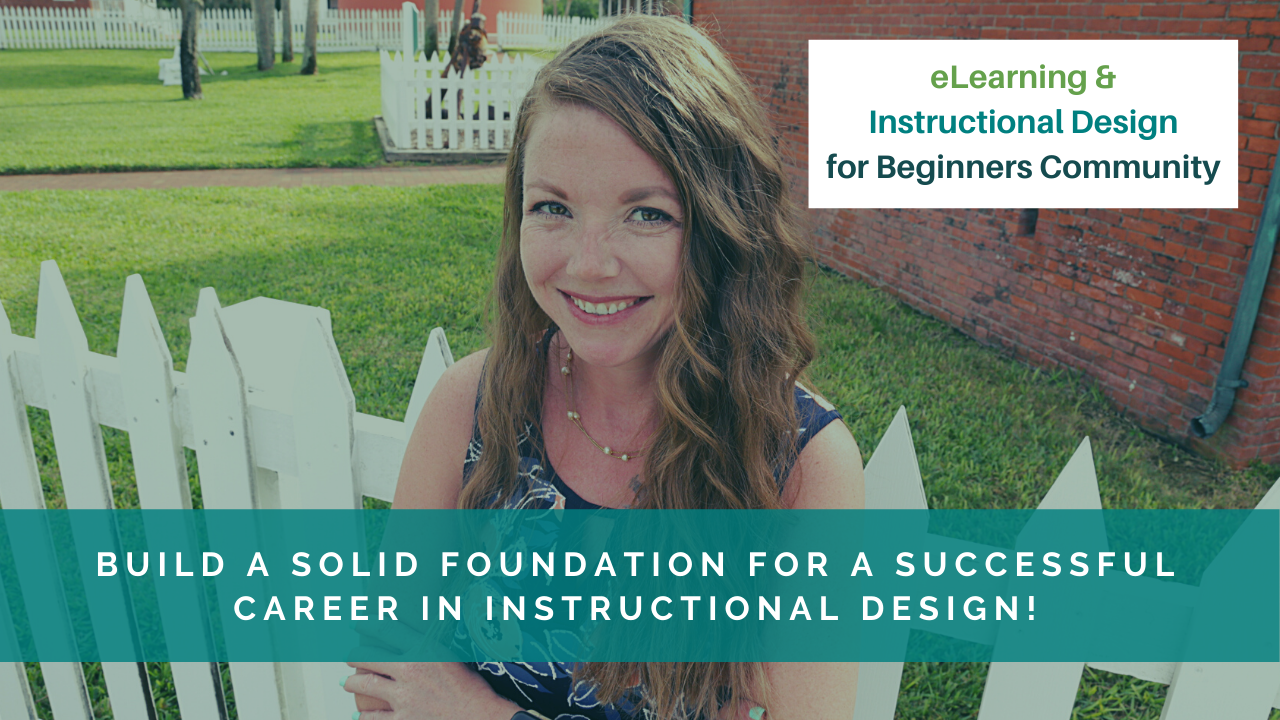Formative assessments help instructional designers and course creators track learner progress throughout the duration of a course and provide space for feedback that the trainer or instructor can use to improve the learners' eLearning experience.
Formative assessments help the designer and trainer to identify areas that might need improvement and pinpoint strengths DURING the eLearning course, as opposed to waiting until the end of each module.
Formative assessment is one of the most crucial assessment strategies because it focuses on what still needs to be learned instead of what the learners should have already mastered.
Unlike summative assessments that are used at the end of an eLearning course to assess the comprehension of the learner, formative assessments are diagnostic in nature and used throughout the course.
Instructional designers should include these types of assessments after the learners complete each individual module in an eLearning course.
Why is This Important?
Formative assessments should be mapped to the Enabling Objectives of an eLearning course. By doing so, you can ensure that the learners are learning the concepts set out in the planning of that particular module or course.
When the learners successfully complete the assessment, it provides both the trainer and the learner with feedback, showing knowledge they have gained, skills developed, and any areas that need to be further developed in that learning objective.
Each successful demonstration of learning builds toward the overall learning for that learner.
4 Types of Formative Assessment
1. Reflection Logs

Reflection logs allow learners to log the details of what they are learning, their thoughts and feelings about the topic, and main ideas of the objectives learned.
It also provides a record of the learners' growth throughout the course over time.
When they make personal connections with the subject matter, meaningful learning will occur.
The instructor can then use this log to track the learner’s progress.
2. Virtual Presentations
Learners can also work together or independently to create a digital presentations to the team or trainer. They can also present the assignment via the online learning platform's discussion forum, where they can receive additional peer feedback.
The learners should be provided with criteria beforehand, which clarify expectations and specify which skills and information must be used throughout the eLearning project.

Synchronous web-conferencing tools can be used to facilitate these presentations or they can be recorded and presented asynchronously.
3. Goal Checks
Goal checks can provide the learners with a goal or objective at the beginning of a module.
Upon completion, they are given an assessment to determine whether they achieved the goal and how far they’ve progressed.
Additional “milestone” goals can also be set for the rest of the eLearning course.
4. Self and Peer Reviews

The learners need to be encouraged to reflect on their own progress and determine their proficiency level or knowledge mastery.
They may also be evaluated by their peers, who give them feedback and insight into their work.
Learn How to Design Formative Assessments
Learn 8 strategies on how to effectively create formative assessment in eLearning, Join the eLearning and Instructional Design for Beginners Community. Start your career in Instructional Design (ID) and eLearning. Build an online course from scratch and finish with mastery.
Whatever you need help with, the community is there to help you master your skills. Interested in joining the community? Click here to get started.
JOIN THE
eLearning and Instructional Design for Beginners Community
- In-depth courses & training
Access my rapidly growing library, attend monthly live training & accountability support groups
- Exclusive tools & members-only discounts
Tools, templates, downloads, checklists and more - plus receive special perks & discounts
- Supportive community & network
Feedback and support from fellow instructional designers, career-driven business owners, and experts who will keep you on track
Get Your Software Toolkit for Instructional Designers
Tools & processes that will help you plan, build, and grow your instructional design career and freelance business.




